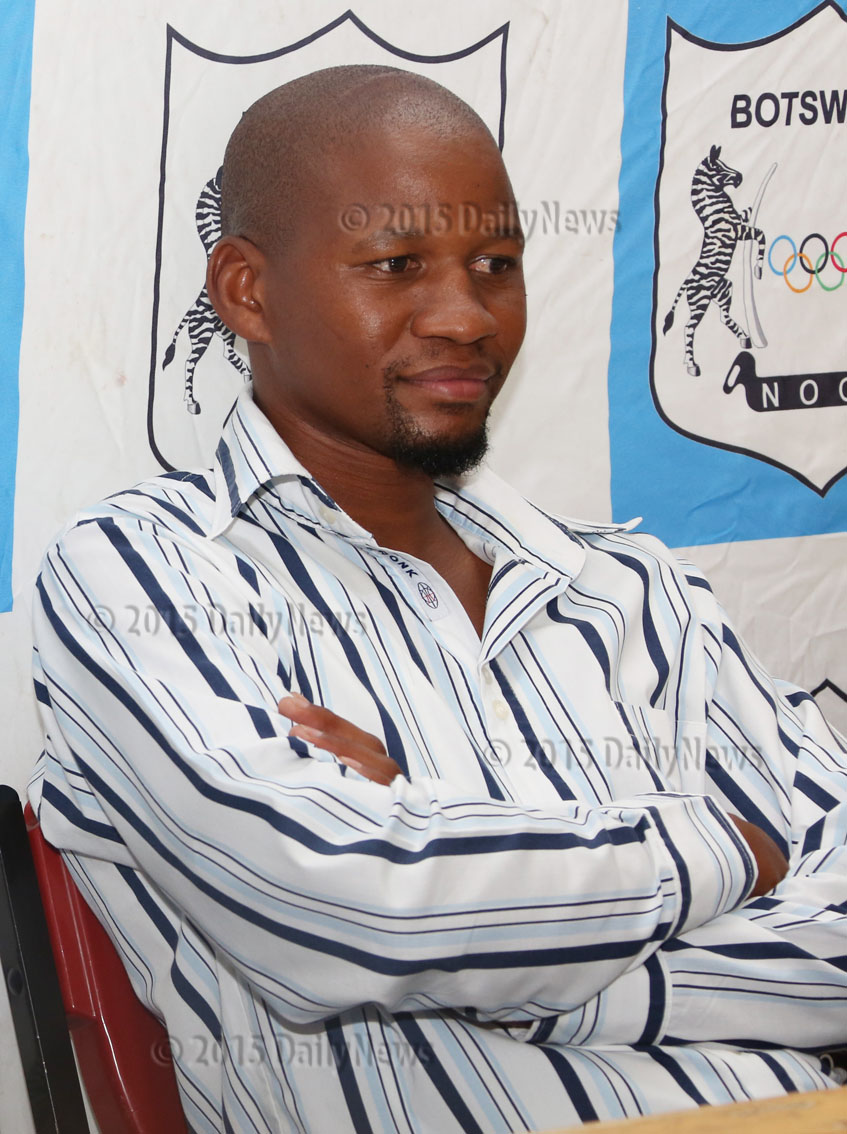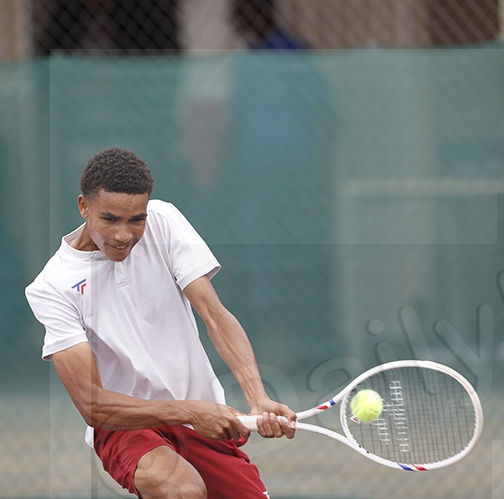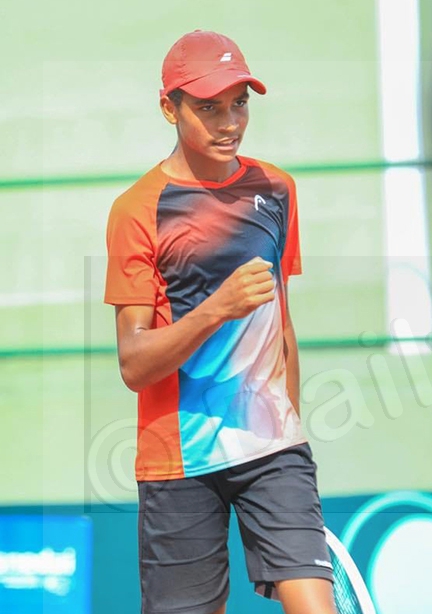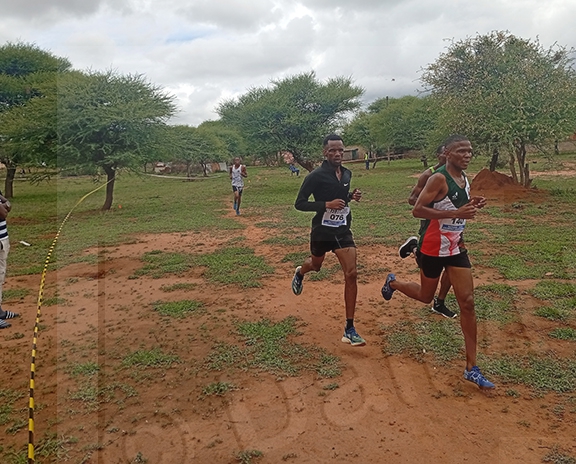No rehabilitation for drug users
03 Mar 2015
Once local athletes test positive for performance enhancing drugs, they should start thinking of alternative livelihoods as codes seem to have nothing in place to support them.
This became apparent during an interview with members of the National Anti-doping Office (NADO) during the Botswana National Olympics Committee (BNOC) anti-doping workshop..
Basadi Koonyatse said it was the responsibility of the code to see how they could assist their athlete found to have offended the doping laws, adding that their office dealt with tests only and that they did not want to be seen to be meddling in the affairs of codes.
The chief doping officer Rampa Mosweu said once the ban was lifted they gave the concerned code a report on their athletes expecting the code to rehabilitate their athlete, a thing that never happened in former national 800m champion Onalenna Baloyi’s case.
The athlete tested positive in 2010 and he claimed to have been using Explode energy drink and only switched to Jack 3D with the recommendation of the pharmacist in the absence of the former.
While athlete are known for claiming innocent in such cases, his case was justified by the association’s President Moses Bantsi who revealed that they partly took the blame as they never educated their athletes on that.
However, surprisingly the same code never saw it fit to take the athlete through any rehabilitation process.
This calls for introspection as evidently codes seem to have no plans for such athletes, Baloyi being a good example. Although his ban was lifted in 2012, he has never featured in any of the BAA events.
In an interview Baloyi, who was invited to share his experiences with the workshop participants, said since the day he tested positive he was on his own.
He gave gratitude to former 800m champion Glody Dube who brought him back from the cattle post.
“I was helpless, confused and alone. The association ignored me, but Glody saved me. He brought me to Gaborone and offered me a job and that is how I am surviving, I don’t know what would have become of me,” he said.
He said it was painful to be left in the lurch but he hoped that associations could share in the pain, and felt there was more to be done in terms of educating athletes on issues of anti-doping. He said he might start training to compete in marathons only.
Already one can just wonder what will become of the 400m champion Amantle Montsho who tested positive last year and is currently awaiting her fate as the enquiring panel has recently concluded their analysis.
The newly elected Public Relations Officer (PRO) Roland Masalila said presently the rehabilitation structure is not in their hands.
“If we assist them it is not formal,” he said, adding that they had realized that there was need for such an issue to be included in their structure.
“The issue of substance abuse occurs once in a while and we never anticipated that we could be affected the way things are turning out to be. Our desire is to attend to this immediately and not to be caught off guard,” he said.
The PRO added that it was disturbing that Baloyi’s promising career was short-lived due to the issue and that they intended to do better in Montsho’s case, despite the absence of a formal article concerning rehabilitation. ENDS
Source : BOPA
Author : Lucretia Chima
Location : GABORONE
Event : BNOC anti-doping workshop
Date : 03 Mar 2015







